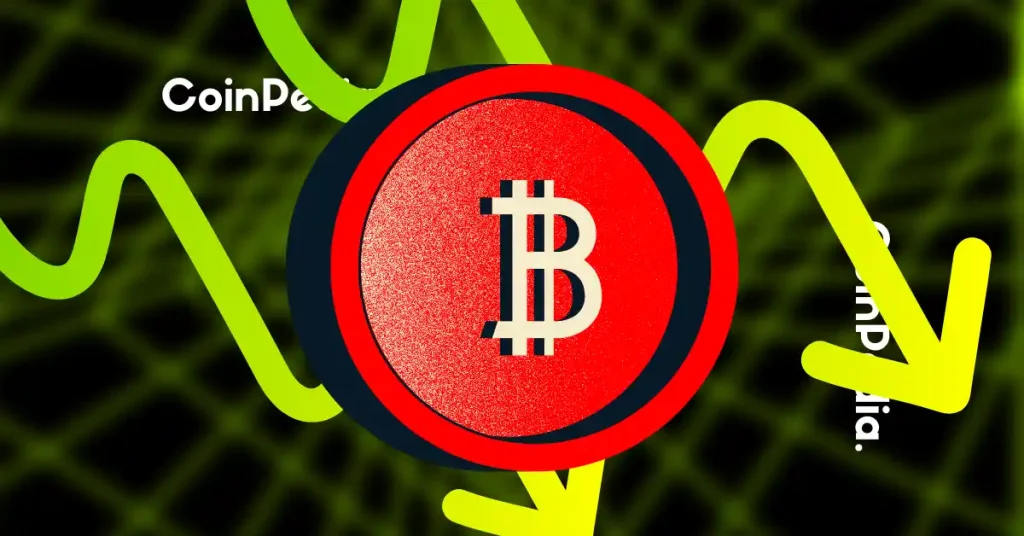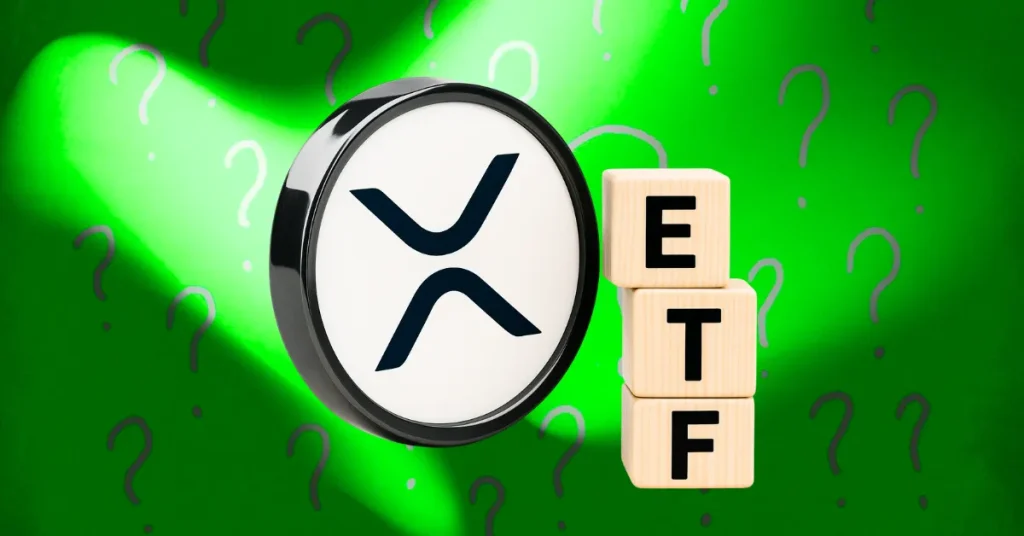Web3, with its vision of a digital world where individuals have control over their data and enjoy secure online transactions, holds great promise for the future. However, this vision is currently undermined by the prevalence of hacks and breaches that continue to plague the Web3 ecosystem. In 2022 alone, over 450 security breaches resulted in the theft of a staggering $4 billion USD in cryptocurrency, highlighting the urgent need for enhanced security measures. Decentralized applications (DApps), including those utilizing traditional multisig wallets, face a myriad of vulnerabilities that malicious actors exploit. These vulnerabilities range from coding errors in smart contracts to compromised decentralized storage systems and targeted attacks on individual users through phishing and social engineering tactics. The repercussions of such attacks can be devastating, both for the affected individuals and for the broader adoption of Web3 technologies. "To effectively address these concerns, security must be prioritized from the start," emphasized Junming Tan, Crypto Incident Response Investigator APAC at Chainalysis Inc. To protect their digital assets and identities, Web3 users are advised to utilize hardware wallets, enable two-factor authentication, and stay vigilant against phishing attempts. Martinet Lee, Head of Developer Relations at Quantstamp, emphasized the significance of verifying application authenticity and staying informed about potential threats. Following industry standards can ensure higher security in Web3 projects. Tu Phan, Founder and CEO of Desig Labs, highlighted: “To keep users from harm in Web3, projects need to proactively prioritize security measures such as multi-factor authentication, encryption, and secure key management in the battle against hacks and exploits. Desig, for example, employs innovative techniques that eliminate the need for passphrases and leverages zero-knowledge technology to protect private keys from phishing attempts and key recreation by attackers.” However, addressing security challenges in Web3 requires more than just individual efforts. The establishment of regulatory frameworks and standards that cover secure development practices, data protection, privacy standards, and auditing requirements is paramount. Collaboration between regulatory bodies, industry experts, and technologists is essential to striking a balance between innovation and security. Open-source initiatives within the Web3 space, including decentralized autonomous organizations (DAOs), encourage community collaboration to enhance security practices and foster a more secure ecosystem. Bug bounty programs and responsible disclosure programs play a crucial role in the Web3 security landscape. These initiatives incentivize ethical hackers to identify vulnerabilities, allowing developers to proactively address them. Responsible disclosure programs provide a platform for reporting vulnerabilities, ensuring timely mitigation, and reducing the window of opportunity for potential exploits. Fortunately, emerging trends and technologies offer promising avenues for improved security in Web3 applications. Zero-knowledge proofs, for instance, enable private transactions and verifiable computations, bolstering privacy and security. Advancements in decentralized identity systems and blockchain interoperability contribute to stronger security measures. Projects like Desig Protocol are leveraging these novel technologies early on, aiming to provide a safe and secure environment for Web3 users, enabling them to explore and enjoy the space with confidence. In their workshop session during the event, Tu Phan, Founder and CEO of Desig Labs, demonstrated how users can leverage Desig to enhance security, manage team finance, DAO or gaming guild operations, and explore any Web3 DApp on any chain with a single Desig wallet. The beta version of Desig will be officially launched in June, followed by activation campaigns with multiple prominent and emerging Layer 1s. Details will be released on their Twitter page. By addressing security concerns head-on, both developers and users can contribute to creating a safer Web3 ecosystem. This approach will unlock the full potential of decentralization and the enhanced security offered by Web3, paving the way for a brighter and more secure digital future. With collaborative efforts, robust security measures, and the integration of cutting-edge technologies, we can build a Web3 ecosystem that ensures the protection of user data and facilitates secure online transactions. Disclaimer: This is a sponsored press release and is for informational purposes only. It does not reflect the views of Crypto Daily, nor is it intended to be used as legal, tax, investment, or financial advice














